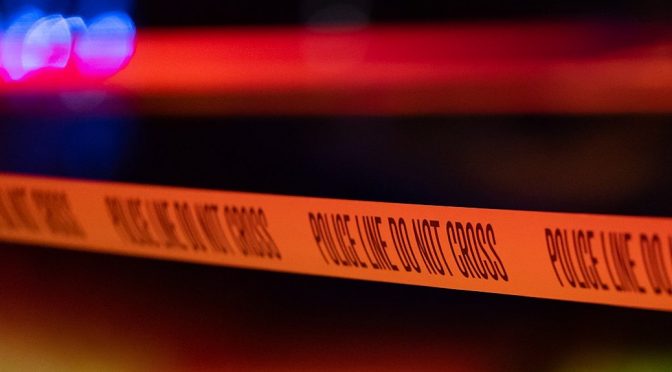In response to COVID-19, U.S. states and localities are exercising various health actions under their inherent police powers—often facing stiff resistance by the public and the courts.
Edward P. Richards outlines how states and localities enjoyed broad police powers over public health since the colonial period. The Supreme Court limited this authority only in cases of discrimination. Historically, courts deferred to local authorities or legislatures during health emergencies; the general public, in contrast, often demonstrated greater resistance. At times, this resulted in devastating outcomes, such as when public resistance to masks during the 1918-1919 flu pandemic caused a second wave and rise in deaths.
COVID-19, Richards argues, is unprecedented because both the public and, unusually, the courts are resisting local public health orders. Many judges today are substituting their own judgment for that of public officials, raising questions over the future of traditional police powers.

